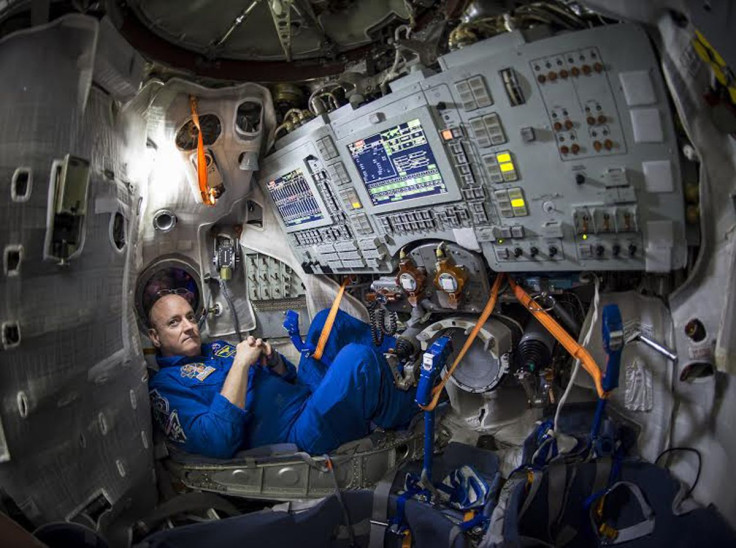New Soyuz Deal Could See Russia Bringing US Astronauts To ISS

Amid tensions brought by the Ukraine crisis, the United States could soon be forging an agreement with Russia that will make the latter’s Soyuz spacecraft bring American astronauts to the International Space Station (ISS).
The report by Sputnik News, citing the Roscosmos press service, said the agreement is expected to be signed this fall. Expected effectivity date is in 2018.
“Roscosmos and NASA have signed an agreement on taking cosmonauts to the ISS for 2017. A similar agreement for 2018 is planned to be signed in the autumn of 2015,” Roscosmos reportedly said. The Soyuz rockets from Russia serve as the only means of transport for astronauts going and coming back from the ISS since the U.S. ended its space shuttle program in 2011. The round-trip costs the U.S. $76 million.
American companies Boeing, SpaceX and others are working to develop commercial spaceships that will transport Ameican astronauts to and from the ISS by end 2017. But these have yet to be finalised thus the arrangement with Russia. Until it has created reliable commercial spaceships, NASA will continue to rely on Russia and Roscosmos to bring its astronauts out of space.
The ISS has been occupied since 2000. Russia, the European Space Agency and the Japanese Space Agency have made significant hardware contributions to it.
Meantime, both countries will launch a joint year-long mission to the ISS involving American and Russian astronauts. A typical mission to the outer space involves 160 to 180 days. Scott Kelly (US) and Mikhail Kornienko (Russia), both ISS veterans, will depart on March 27, 2015, 3:42 pm EST. from the historic Baikonur Cosmodrome.
"As [Konstantin] Tsiolkovsky said, the Russian space scientist, the humankind cannot stay in the cradle forever, so we have to leave Earth, and the function of the ISS is to learn as much as we can about life in space...It’s impossible to do it with one country alone," Kornienko was quoted by Gizmag.
The mission will enable researchers to study and “address the safety of astronauts on extended missions, in regards to their fatigue and fine motor control.” Returning astronauts from space face difficulties and usually complain about walking upright, decreased bone density, and changes in ocular fluids and pressure.
To report problems or to leave feedback about this article, e-mail: e.misa@ibtimes.com.au.




















